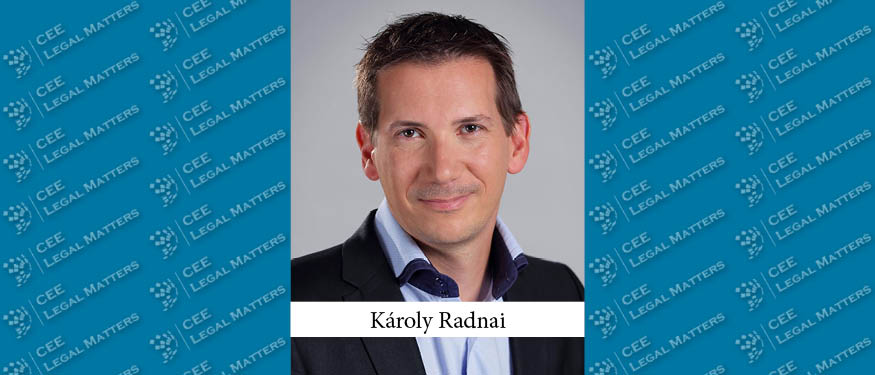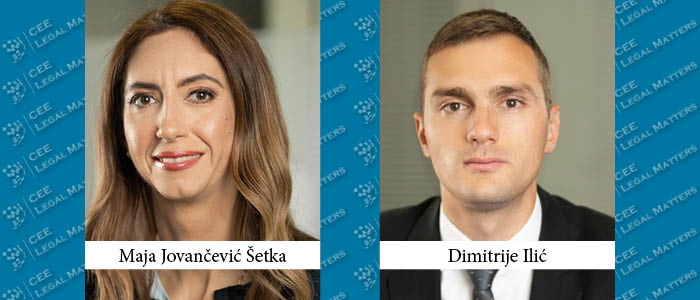The rising interest rates in Slovenia are reshaping the banking sector, while the renewables sector is looking at potentially clear skies and the M&A sector is experiencing vibrant SME activity on account of a generational change, according to Sibincic Krizanec Novak Partner Matic Novak.
“The rising interest rates have had a significant effect on the financing and banking landscape in Slovenia,” Novak begins. “Companies are now opting for alternative approaches, with many seeking alternative financing roads and avenues. This shift has been impacting our workflow heavily, as we witness an increasing number of companies seeking alternative means of funding to counteract the strong march of interest rates.” Additionally, he reports that the banking sector has been undergoing consolidation and that the “final green light on the merger and takeover of Sberbank by NLB marks a significant development in this area. The process is now finally nearing completion,” he reports.
Turning to interesting activity in other sectors, Novak says “the renewable energy sector, particularly greenfield investments, is experiencing a notable surge in activity.” According to him, even though “foreign direct investments in renewables like wind or solar are not yet substantial in the Slovenian market, there has been a substantial increase in the past quarter.” As he explains, as a consequence, “there are indications that major investments in solar and wind projects will be announced soon. Moreover, the associated industry developments in the production of relevant parts for wind and solar will also likely follow, which will generate effects felt over multiple sectors.”
Furthermore, Novak reports interesting developments in the Slovenian SME landscape. “SMEs have a significant presence in the Slovenian market, and have had it for a long time,” he says. “These days, we are seeing a proper generational change, with baby boomers now selling their family-owned businesses, which have been the backbone of Slovenia's economy for the longest time. The M&A market is witnessing deals ranging from EUR 10 to EUR 15 million, primarily privately negotiated,” he says. “As each deal involves family-owned businesses, they possess unique characteristics that demand individual attention, making it quite dynamic and, in turn, making it impossible to apply a carbon copy approach: each deal stands for itself with its own idiosyncrasies,” he explains, adding that it is “expected for this trend to continue, and potentially grow further, in the last two quarters of the year.”
Finally, he reports that the political climate in Slovenia has been experiencing a “continuous focus on improving the country's health system. The previous health minister was dismissed and, currently, the prime minister is overseeing the ministry temporarily, until a new one is appointed,” he reports. “One significant legislative update worthy of sharing,” he says in the end, “is the implementation of the new FDI regulation. This move has alleviated bureaucratic burdens on M&A deals, as screening is no longer required for EU companies. The relaxation in regulations has significantly improved the ease of doing business in Slovenia and opened up new investment opportunities,” Novak concludes.















